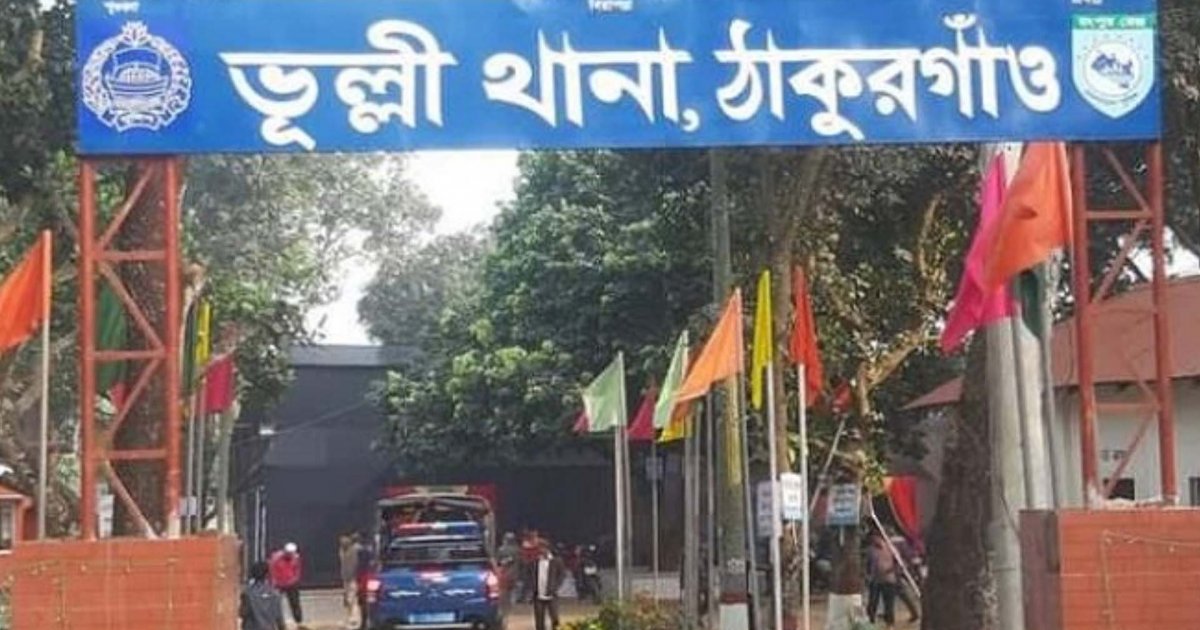Kraken Halts Monero Deposits After Qubic’s Disputed 51% Attack Claim
The post Kraken Halts Monero Deposits After Qubic’s Disputed 51% Attack Claim appeared on BitcoinEthereumNews.com. Kraken, one of the largest crypto trading platforms globally, has paused deposits for Monero (XMR), citing a reported 51% attack on the privacy-focused blockchain network. According to the exchange, this precautionary measure is designed to protect its users. Meanwhile, it stressed that XMR’s trading and withdrawals remain fully operational. Monero’s XMR Surges Despite Deposit Freeze and Attack Claims Kraken added that it is monitoring the situation closely and will restore deposit services once it confirms the network’s stability. This incident has raised questions about the token’s network resilience and mining decentralization. Monero is a privacy-focused cryptocurrency that masks key transaction details, including sender, recipient, and amount. Its strong anonymity features make it popular among users seeking secure and untraceable transfers. On August 14, AI-based crypto protocol Qubic claimed to have gained majority control of Monero’s hashing power, a situation known as a 51% attack. A 51% attack occurs when a miner or pool gains majority control of a blockchain’s hashing power. This control can let them double-spend coins or rearrange recent transactions. According to Qubic, this control allowed it to reorganize six blocks and orphan around sixty others. During the alleged two-hour window, Qubic reportedly mined approximately 80% of the network’s blocks, generating around 750 XMR and 7 million XTM. However, Qubic’s claim has faced significant pushback and a Distributed Denial of Service (DDoS) attack from the Monero community. DDoS Attack Against Qubic Pool. Source: X/Ivancheglo Critics argue that the protocol never exceeded 35% of the network’s hashrate and relied on a selfish mining strategy rather than full control. Nonetheless, Sergey Ivancheglo, founder of Qubic, emphasized that the incident highlights a key risk for the network. According to him, it showed the importance of preventing any single miner from exceeding 25% of the total hashrate. According to Mining Pool Stats…

The post Kraken Halts Monero Deposits After Qubic’s Disputed 51% Attack Claim appeared on BitcoinEthereumNews.com.
Kraken, one of the largest crypto trading platforms globally, has paused deposits for Monero (XMR), citing a reported 51% attack on the privacy-focused blockchain network. According to the exchange, this precautionary measure is designed to protect its users. Meanwhile, it stressed that XMR’s trading and withdrawals remain fully operational. Monero’s XMR Surges Despite Deposit Freeze and Attack Claims Kraken added that it is monitoring the situation closely and will restore deposit services once it confirms the network’s stability. This incident has raised questions about the token’s network resilience and mining decentralization. Monero is a privacy-focused cryptocurrency that masks key transaction details, including sender, recipient, and amount. Its strong anonymity features make it popular among users seeking secure and untraceable transfers. On August 14, AI-based crypto protocol Qubic claimed to have gained majority control of Monero’s hashing power, a situation known as a 51% attack. A 51% attack occurs when a miner or pool gains majority control of a blockchain’s hashing power. This control can let them double-spend coins or rearrange recent transactions. According to Qubic, this control allowed it to reorganize six blocks and orphan around sixty others. During the alleged two-hour window, Qubic reportedly mined approximately 80% of the network’s blocks, generating around 750 XMR and 7 million XTM. However, Qubic’s claim has faced significant pushback and a Distributed Denial of Service (DDoS) attack from the Monero community. DDoS Attack Against Qubic Pool. Source: X/Ivancheglo Critics argue that the protocol never exceeded 35% of the network’s hashrate and relied on a selfish mining strategy rather than full control. Nonetheless, Sergey Ivancheglo, founder of Qubic, emphasized that the incident highlights a key risk for the network. According to him, it showed the importance of preventing any single miner from exceeding 25% of the total hashrate. According to Mining Pool Stats…
What's Your Reaction?








































